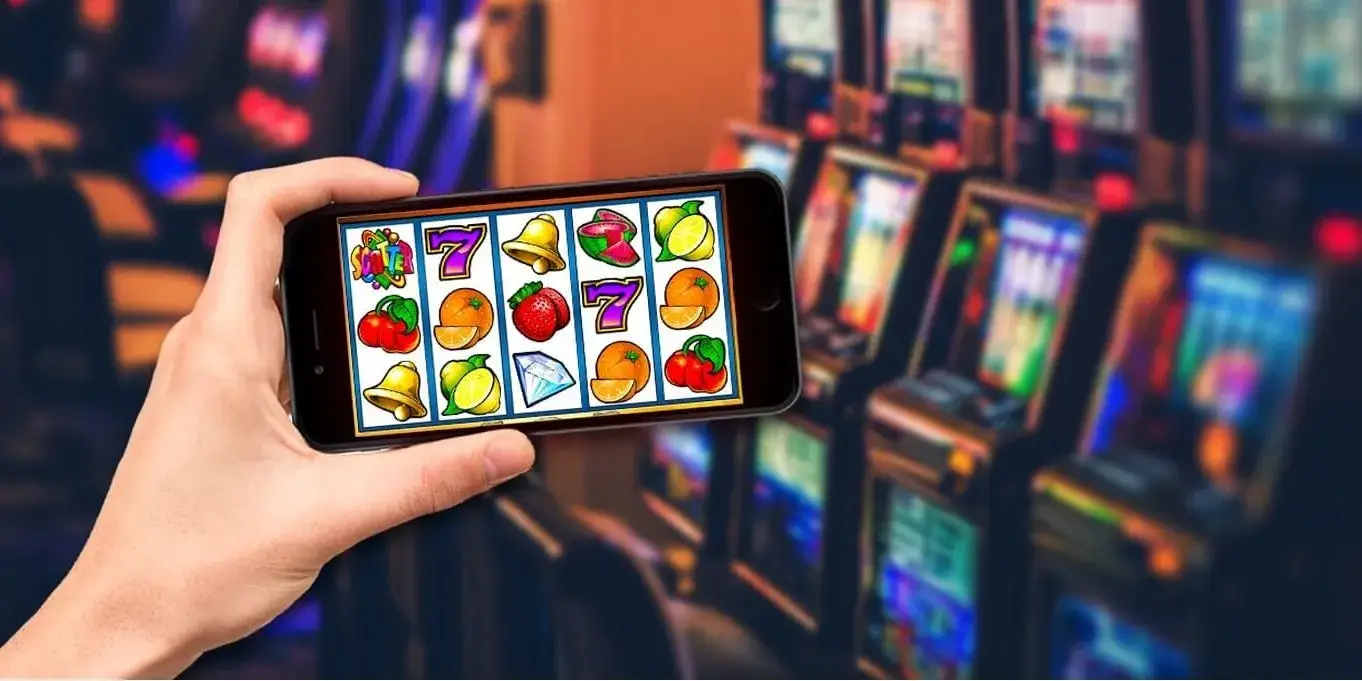People have been drawn to gambling not for the first decade – it penetrates everyday life imperceptibly, intertwines with cultural codes, transforms traditions, and gives rise to entire industries. Interest in risk and the desire to test one’s luck have shaped one of the most enduring forms of leisure in world history. To understand how gambling games originated, one should look back to the roots – to a time when there were no casinos yet, but the principle of winning and random outcomes was already emerging.
The Emergence of Entertainment in Ancient Societies: How Gambling Games Originated
The history of gambling games begins long before the first documents describing such pastimes. In Mesopotamia, carved bones of sheep and goats were used to determine the will of the gods or settle disputes. The future form of dice originated from there. In Egypt, a game board called “senet” dating back over 5000 years has been found. Although initially used in rituals, it later acquired the functions of an engaging pastime based on luck.

In China, gambling elements were introduced into board games and card decks even before our era. Games resembling modern dominoes and lotto were used not only for entertainment – some of them brought income to the organizers, including representatives of the authorities. China is considered the birthplace of the first state lotteries, which were used to finance defensive structures.
Ancient Practices in Europe: From Oracles to Arena Bets
In Ancient Greece, gambling developed parallel to philosophy. Greeks rolled dice not for profit, but for interpreting destinies. Later, the use of dice gained widespread acceptance – gambling games became an integral part of leisure for both commoners and the nobility.
In Rome, soldiers held dice tournaments in military camps, while citizens gathered in taverns for card battles and chariot race bets. It was in the Roman Empire that the first system of rules regarding bets and winnings was formalized. Even emperors did not hide their enthusiasm.
Medieval Bans and Underground Flourishing
Christian Europe viewed gambling with suspicion. The Church prohibited entertainment, considering it a temptation and a channel of extravagance. Despite the bans, in the 13th-14th centuries, gambling games gained a new wave of popularity in the form of card battles. Players created their own rules, and victories were accompanied by monetary or goods prizes. In Northern Europe, predecessors of roulette appeared – spinning boards used in taverns. Nobles organized tournaments where they participated not only at the table but also on horseback – for example, in bets on the outcome of duels.
Formation of Eastern Traditions: Honor, Calculation, and Karma
In Asia, gambling practices became ingrained in cultural codes much deeper than in Europe. In India, dice made of ivory and wood were used. The epic “Mahabharata” describes a plot where heroes lose not only their possessions but also themselves. This reflects not only an interest in the game but also a tragic element of fatalism.
Japan integrated gambling into cultural ethics. Samurai used bets not for entertainment but to test honor and will. Subsequently, “pachinko” emerged in Japan – a hybrid of lottery, slot machine, and arcade game. Chinese societies incorporated gambling into rituals, combining the game with fortune-telling and energy balance.
Gambling in American Cultures: From Totems to Las Vegas
Native peoples of North America used sticks, stones, and bones in rituals. Often, the game determined dispute resolution or distribution of responsibilities within the tribe. After colonization, gambling in America transformed. Immigrants brought card decks, roulette, and dice. In the 19th century, famous gambling zones emerged – New Orleans, San Francisco, and later Las Vegas. It was in the USA that gambling turned into a commercial model. Casinos obtained licenses, adhered to regulations, and implemented fraud protection. In the 20th century, slot machines, slots, and the first electronic roulette arrived here.
How Gambling Games Originated: Contribution of Religions and Philosophies
In many cultures, attitudes towards games were shaped through the prism of morality. Buddhism taught to control passions, thus condemning gambling. Islam completely prohibited gaming practices, considering them unfair to fate. Christianity recognized the danger of gambling, but from the 18th century allowed it under controlled conditions. Protestant countries began using taxes from gaming establishments to finance public projects. Indian and Chinese philosophies did not reject gambling but directed it – through concepts of balance and rebirth. This led to the practice of responsible gaming, which later evolved into state regulations.
Industry Development: From Basement to Online Platforms
The 20th century ushered in a new era for gambling games. After World War II, European countries began legalizing casinos in economic zones. Monte Carlo, Baden-Baden, Macau turned into legitimate centers of attraction. From the 1990s, the boom of online casinos began. Players gained access to bets without visiting physical establishments. Online platforms offered registration via email, balance top-up with a bank card, and instant payouts. The mechanics remained the same – bet, luck, result.
Modern operators provide support in multiple languages, age verification systems, licenses in jurisdictions (e.g., Curacao, Malta), and self-control systems. In the 2020s, mobile casinos, live game streaming, and crash games with a predictable trajectory emerged.

Traditions Preserved in the Modern Industry
Despite technological progress, key traditions of ancient cultures continue to influence the current format of the industry. They manifest not only in the form of entertainment but also in attitudes towards it:
- In Chinese casinos, the color red is used as a symbol of luck.
- Japanese slot machines retain the design of pachinko with mechanical balls.
- European roulette still attracts with its “zero” feature.
- American sports betting tradition has evolved into a whole league of betting companies.
- Eastern lotteries introduced elements of mysticism – for example, choosing lucky numbers.
Conclusion
The question of how gambling games originated opens up broader than it seems at first glance. The hope for luck has accompanied humanity since the emergence of the first societies. They reflect culture, philosophy, attitudes towards randomness, and risk acceptance. The development – from bones in Mesopotamia to blockchain games in the 21st century – shows how deeply gambling has woven into the history of civilization. The transformation of forms has not changed the essence: the desire to win, beat the system, test luck – an eternal part of human nature, shaped into practice, culture, and a global industry.
 en
en  ru
ru  de
de  ar
ar  es
es  hi
hi  fr
fr  nl
nl  it
it  pt
pt  el
el 












